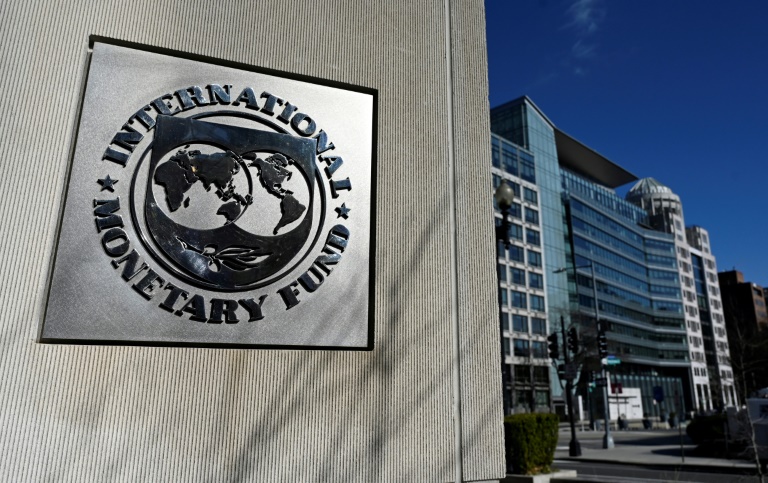Pakistan said the International Monetary Fund has a agreed to restart a stalled loan program, releasing $1.2 billion to the country immediately
The IMF has approved an agreement to revive a massive loan programme for Pakistan, the finance minister said Monday, as the country grapples with devastating monsoon flooding that has worsened an economic crisis.
“We should now be getting the 7th & 8th tranche of $1.17 billion,” Miftah Ismail said on Twitter.
The original $6-billion bailout package with the International Monetary Fund was signed by former prime minister Imran Khan in 2019, but repeatedly stalled when his government reneged on agreed reforms on subsidies and failed to significantly improve tax collection.
The new agreement follows months of deeply unpopular belt-tightening by the government of Shehbaz Sharif, who took power in April and has effectively eliminated fuel subsidies and introduced new measures to broaden the tax base.
The government reached an agreement with IMF staff last month to restart the suspended aid package.
The board of the Washington-based crisis lender also was considering a request to extend the package through June 2023 and add about $1 billion to the total.
The IMF had not yet issued a statement on its decision.
The latest disbursement would bring the total received under the Extended Fund Facility from the IMF to just over $4 billion.
– Desperate for aid –
Pakistan is desperate for international support for its economy, which suffers from poor revenue collection and dwindling foreign reserves to pay its crippling debt.
The new government has slashed a raft of subsidies to meet the demands of global financial institutions but risks the wrath of an electorate already struggling under the weight of double-digit inflation.
A new coalition government — which came to power after Khan was ousted by a parliamentary no-confidence vote — has said it will make the tough decisions needed to turn the economy around.
Successive administrations blame their predecessors for the country’s economic woes, but analysts say the malaise stems from decades of poor management and a failure to tackle endemic corruption and widespread tax avoidance.
In a bid to secure the IMF loan, Sharif has imposed three fuel price hikes — cumulatively totalling 50 percent — and raised the cost of electricity to effectively end the subsidies introduced by Khan.
Ismail told the national assembly last month that the steps were “essential” to preserve the country from default.
“We knew it would damage our political reputation, but still we did it,” he said.
The latest budget has earmarked 3.95 trillion rupees ($18.8 billion) just to service the country’s whopping debt of $128 billion.
Under the deal agreed with the IMF last month, policy priorities included steadfast implementation of the budget to reduce the need to borrow.
Pakistan also agreed to continue power sector reforms, introduce a proactive monetary policy to tackle inflation, strengthen governance, combat corruption and improve the social security net.
But the IMF warned that authorities should stand ready to take any additional measures necessary.










